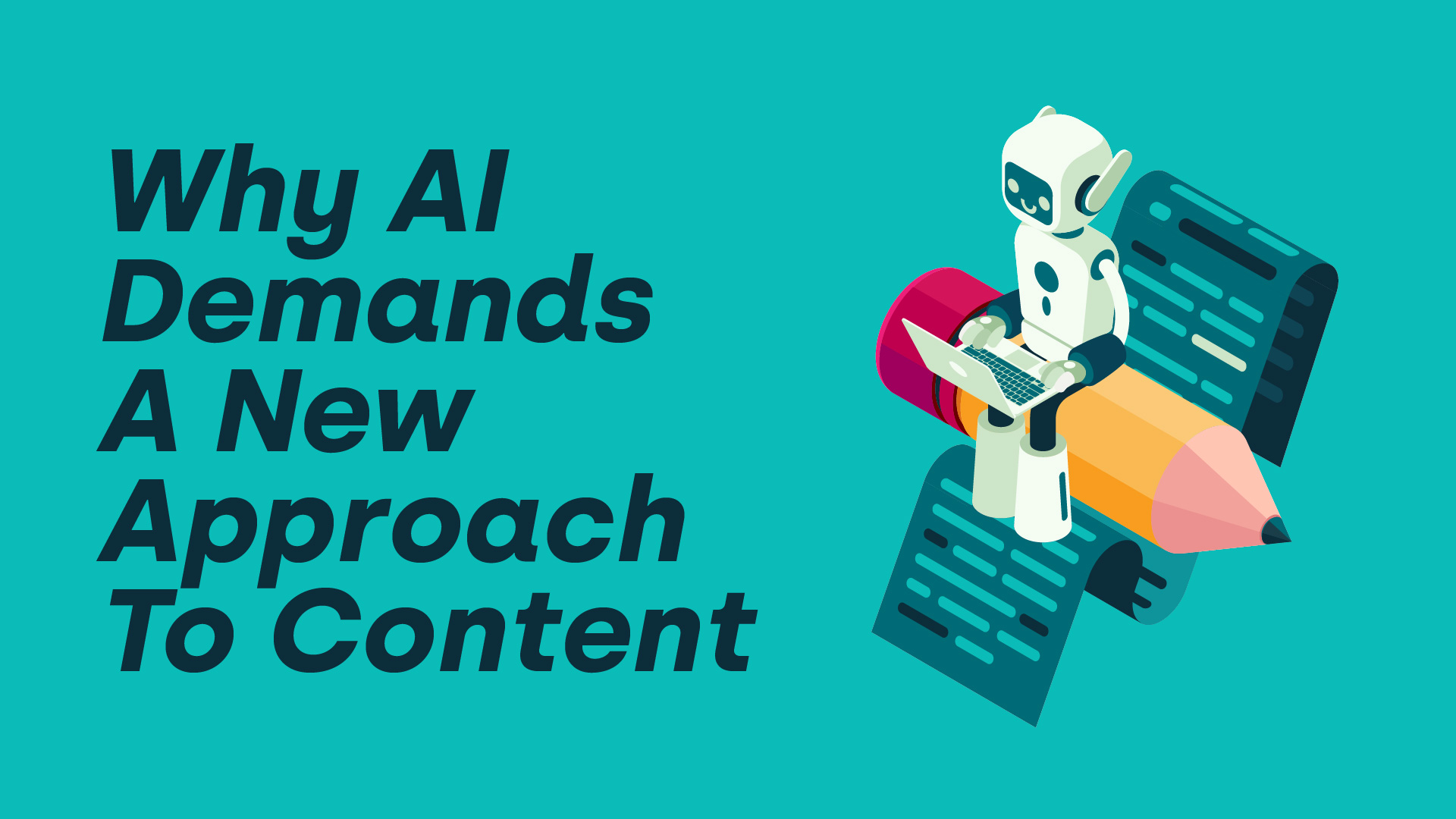
For years, the formula for online content was simple: write a clear, helpful blog post, pick a good title, and publish. We created individual articles, like islands of information, hoping our audience would find their way to them. That model is becoming obsolete.
The way people find information is undergoing a fundamental shift. They are no longer just searching; they are asking. Al assistants like ChatGPT and Google's Gemini are now the go-to advisors, synthesizing information from across the web to provide a single, comprehensive answer.
If you are only creating standalone articles, you are speaking the wrong language. Al is looking for experts, not just pages. It seeks deep, interconnected libraries of knowledge. To be the source Al trusts and quotes, you must evolve from simply writing articles to building an entire ecosystem of expertise.
Think about the difference between a dictionary and an encyclopedia.
• Traditional Content is a Dictionary: It provides a definition for a single term. A reader asks a question, the article provides one answer. It's useful, but limited.
• Semantic Content is an Encyclopedia: It takes a concept and explains it from every angle. It covers the history, the nuances, related ideas, and practical applications. It doesn't just answer the first question; it anticipates and answers the next ten.
This is the essence of a semantic approach. It's not a technical trick; it's a content philosophy built on creating a rich, interconnected web of knowledge. This approach ensures:
• Your expertise is understood: Al can see the full breadth and depth of your knowledge on a subject, not just a single keyword.
• You become a primary source: When your content is the most comprehensive and clearly structured, Al assistants are more likely to use it as a foundational source for their own answers.
• You build true authority: Your audience (and the Al that serves them) comes to see you as the definitive resource, the go-to expert in your field.
This isn't a trend on the horizon; it's the new reality of how people learn and make decisions.
• Al Is the New Research Assistant: Your potential customers are using Al to solve complex problems. They ask, "What are the pros and cons of [Your Solution Category]?" or "How do I solve [Problem You Solve]?" The Al will synthesize an answer. The question is: will your expertise be in it?
• Trust Is Built on Depth: In a world flooded with superficial content, depth is the new differentiator. Buyers crave trustworthy, expert guidance, not just a quick take. A rich library of content is the strongest signal of genuine expertise.
• Your Ideas Must Connect: Al doesn't just read pages; it understands relationships. If you have ten great articles on a topic but they don't link or refer to each other, the Al sees ten separate ideas. If they are connected, it sees one powerful, authoritative concept.
This isn't about becoming a search engine expert. It's about becoming a better teacher and a more organized thinker.
1. Think in Topics, Not Just Titles. Instead of brainstorming one-off blog posts, choose a core topic your business needs to own. Plan a series of interconnected articles that cover it from every angle-the "what," the "why," the "how," common mistakes, advanced techniques, and future trends.
2. Anticipate the Follow-Up Question. As you write, constantly ask yourself: "What is the very next question my reader will have?" Answer it in the same article, or provide a clear link to another one of your articles that does. Build a seamless journey of discovery.
3. Explore the Entire Neighbourhood. Don't just write about your specific product or solution. Write about the broader ecosystem. Discuss the problems your customers face, the alternative approaches, the industry leaders, and the tools that complement yours. This paints a complete picture and establishes you as a central hub of knowledge.
4. Connect Your Ideas into a Library. Once you have multiple articles on a core topic, link them together logically. A post about a specific feature should link back to your high-level guide about the problem it solves. This simple act transforms a collection of documents into a coherent library, making your expertise clear to both readers and Al.
In the age of Al, the victors won't be those who are best at gaming the system. The victors will be the most generous teachers, the clearest thinkers, and the most comprehensive sources of information.
The call to action for every business is no longer just to produce content, but to build a true library of expertise. Start building yours today, and you will become the trusted authority that both customers and Al turn to tomorrow.
At Mosaic Mops, I help businesses move beyond simple blog posts to build powerful content ecosystems. We'll work together to map your expertise and create a content strategy that establishes you as a trusted source in the age of Al.
Subscribe for curated insights on Al marketing trends, automation strategies and SEO that actually converts.